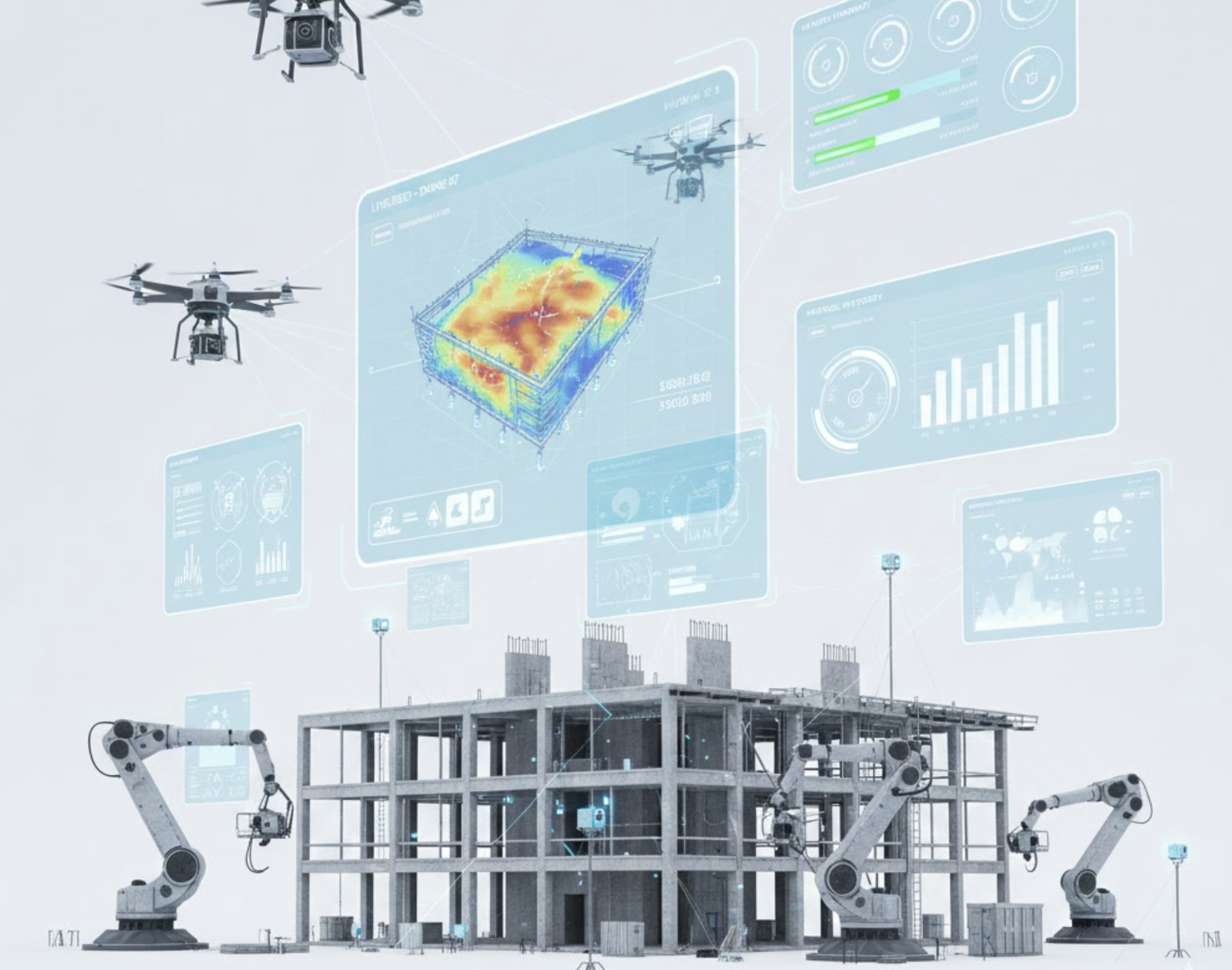Bridging the Gap Between Procurement and Jobsite Logistics
In the fast-paced world of construction, the integration of procurement and jobsite logistics has become vital for the success of projects. A seamless integration enhances efficiency, streamlines processes, and plays a crucial role in delivering projects on time and within budget. Utilizing construction project management software and advanced tools, such as Zepth, can significantly contribute to this integration, driving improved outcomes.
Importance of Integration
The integration of procurement and jobsite logistics affects several key areas:
- Efficiency: Streamlined processes minimize unnecessary delays and enhance overall operational efficiency.
- Project Timelines: Timely delivery of materials and equipment ensures completion of projects according to schedule.
- Costs: Reducing delays and misallocations in resources leads to lower overall project costs.
- Productivity: Improved resource management and enhanced communication boost project productivity.
Phases of Construction Procurement
Understanding the phases of construction procurement is critical to effective integration:
Design and Planning
It begins with the design team reviewing contractor submittals, ensuring that all components, from major structural elements to minor design details, adhere to the specifications outlined in the contract documents. This meticulous review guarantees that procurement aligns neatly with project expectations.
Purchase Orders
Following the design phase, contractors issue purchase orders to suppliers. This process often involves leveraging trade credit or external financing to effectively manage cash flow. Facilitating timely orders ensures the right materials are both ordered and accounted for, thus maintaining a smooth procurement process.
Material Delivery
Procurement managers play a vital role in tracking the progress of materials and equipment. They ensure that deliveries occur on schedule, at the correct location, and that all items are offloaded safely for installation. Any delays can significantly impact project timelines, equating to a loss in productivity and potential financial setbacks.
Construction Site Logistics Planning
Methodical logistics planning is paramount for successful construction project execution. Critical aspects include:
- Material Delivery Schedules: Coordinating delivery timings guarantees that materials are available precisely when needed.
- Safe Offloading: For maintaining workflow, ensuring materials are safely offloaded and ready for installation is crucial.
- Equipment and Space Management: Efficiently managing the use of construction equipment and site space helps to optimize workflow, reducing risks linked to delays.
Challenges Faced
Even with well-laid plans, various challenges can arise in the integration of procurement and jobsite logistics, including:
- Communication Gaps: Ineffective communication between procurement teams and site logistics can lead to costly delays and inefficiencies.
- Resource Management: Balancing materials, equipment, and labor necessitates complex planning.
- Financial and Quality Considerations: Striking a balance between tight financial constraints and the necessity for quality can pose significant hurdles.
Best Practices
To mitigate challenges and enhance outcomes, consider the following best practices:
- Integrated Tools: Utilize integrated construction document management tools that streamline procurement and logistics processes, thus reducing errors and enhancing efficiency.
- Continuous Monitoring: Regular monitoring of procurement progress, coupled with ongoing communication between project and logistics managers, allows for immediate responses to any developments that might impact the project.
- Vendor Management: Identifying and forging relationships with reliable vendors is vital for ensuring consistent quality and timely delivery of materials.
Role of Zepth
Zepth stands out as a crucial ally in bridging the gap between procurement and jobsite logistics:
- Streamlined Workflows: Zepth’s tools help in optimizing workflows, reducing project timelines, and enhancing overall productivity. For instance, using Document Register enables team members to store and manage project documents effectively.
- Integrated Solutions: Zepth offers integrated solutions that enhance communication and coordination between procurement teams and jobsite logistics, ensuring seamless project execution.
- Demo and Custom Solutions: Construction teams interested in tailored solutions can request a demo to understand how Zepth’s tools can address specific needs and ultimately foster successful project outcomes.
In conclusion, effectively integrating procurement and jobsite logistics is paramount to the success of construction projects. By utilizing advanced tools like Zepth, construction teams can enhance efficiency, maintain project timelines, and ultimately achieve impressive results. Investing in such integrated solutions is not only a step towards smoother operations but also a pathway to elevate the standards of construction project management.




